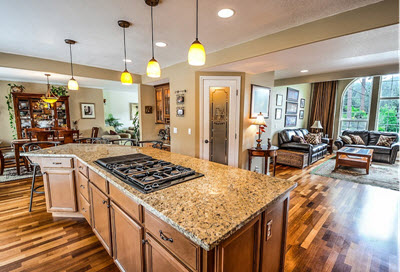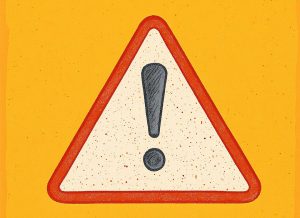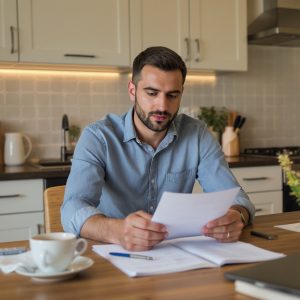Is your home an asset

We are thought that buying a house is one of the best investments you can make and that everyone should strive to own their home. If you rent then you are making someone else richer, if you own then you have an asset that will make you richer. Is this really true? Is a home a good investment? Is your home an asset?
In this article, I am going to focus on owning your own home. Investing in real estate with the intent to rent it out is an entirely different situation. Owning your own home will affect your economy in very different ways from what owning a rental will.
History
It can not be denied that home ownership has been beneficial in the past. It allowed people increased freedom and allowed them to build the home they wanted. It made it beneficial to improve and invest in your own home.
Rental properties have historically been a way to control the population and a way to transfer wealth to wealthy landowners. The worker gets paid for his work, and the money is then transferred back to the rich through rent and purchases made in the local store.
Different land reforms that allowed people to become homeowners an a lot of people to live a better life. Buying a house used to be a road to a better life.
Today
The situation today is different. House prices have risen to very high levels. Unhealthily high levels. Almost no one is able to buy a house using their savings. Almost everyone has to take a large mortgage to be able to buy a home. The access to easy credit has allowed the house prices to rise to such high levels that there is little difference between owning and renting.
Monthly payment
 When you buy a house you will still need to pay a high monthly payment to be allowed to live in the house. If you do not pay you will still get kicked out. The only difference is that you pay to the bank instead of the real estate owner.
When you buy a house you will still need to pay a high monthly payment to be allowed to live in the house. If you do not pay you will still get kicked out. The only difference is that you pay to the bank instead of the real estate owner.
A common objection against this is that the monthly payment is a type of saving. You pay down the mortgage and is building equity. This is partly true but most people will pay nothing but the interest during the first few years. Almost all of the monthly payment is a cost. Most homeowners choose to borrow a large percentage of the house price over a very long period. Often 50 years. The fact that people borrow all the money they are allowed to borrow with an extended repayment plan guarantees that a huge percentage of all the money you pay to the bank will be interest. Only a small percentage will be used to pay down the mortgage and only a small percentage can, therefore, be seen as a type of savings.
The easy access to credit and the large mortgages have made homeownership similar to what the rental market used to be. It has become a way to transfer wealth to the rich.
Repairs
When you rent an apartment or a house then the owner will be responsible for repairs and for making sure that the house stays in good conditions. When you own the home you will be responsible for these things and will need to pay for them. Owning a house generates a lot of expenses related to repairs and maintenance. You can postpone some of these costs to the future but the longer you wait, the more expensive it will be to fix things.
What is an asset
There are two different definitions used for the term asset. This can sometimes cause confusion since two people can talk to each other and use the word in different ways.
The most common definition of a asset is any type of asset that has a value. This is the definition most commonly found in dictionaries. If you use this definition than your home is an asset because you can sell it.
The second definition is that an asset is something that earns you money. Something that contributes positively to your cash flow. This definition can be a lot more helpful because it makes it easier to see what makes you richer (your assets) and what cost you money. (Your liabilities). If you use this definition then your house is not an asset, it is a liabilities that have a negative effect on your economy. To be able to turn the house into an asset you need to turn part of it into an income suite or in some other way make it generate an income.
I recommend that you use the second definition of asset since it makes it easier to identify what will improve your economy and what will cost you money.
With this said, the property can still earn you money when you sell it but owning it and having to pay the mortgage remain a liability until such time that you are able to realize a potential profit through a sale. The house has not made you any money until you actually sold it. A paper gain might turn into a real loss before you are able to sell your house.
This article was last updated on: November 2, 2021





